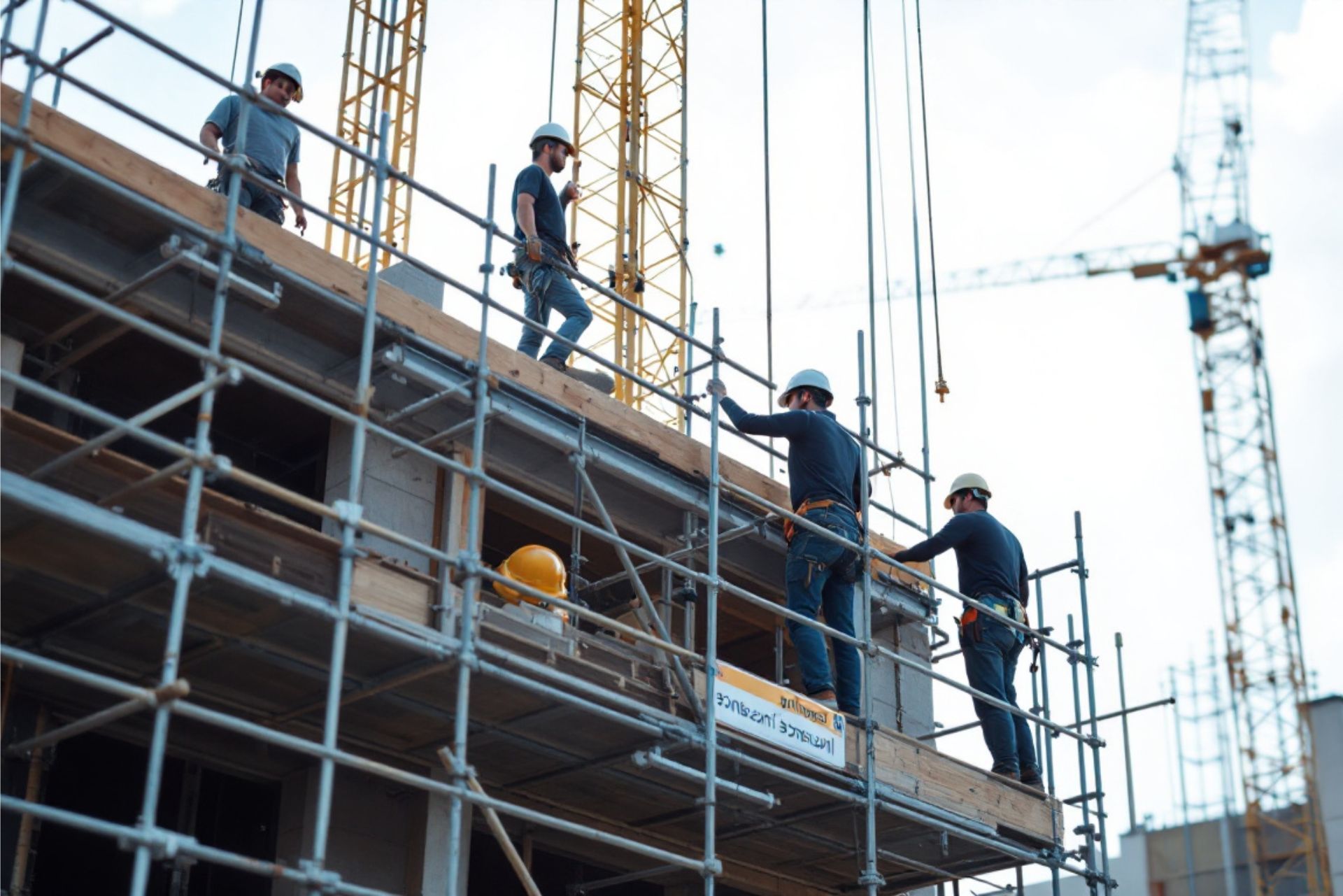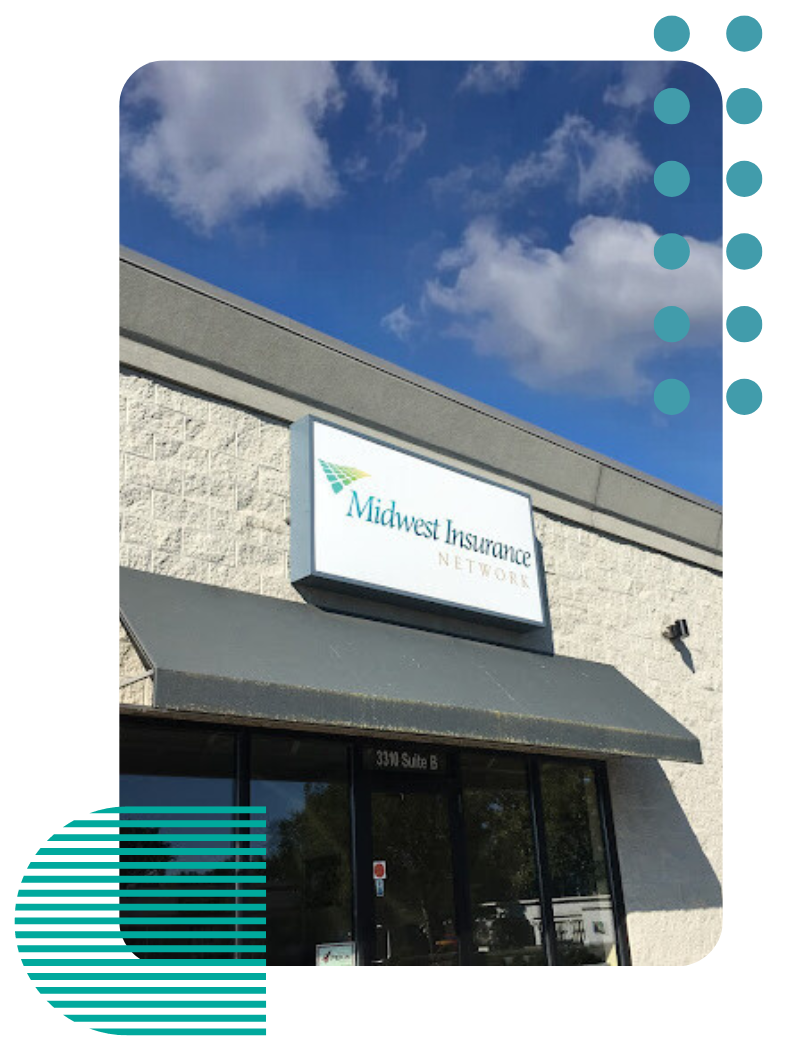Get in touch
419-720-5825
agency@midwest-insure.com
Top 3 Recommended Policies
Index
Contact Us
Phone
agency@midwest-insure.com
Location
Northwood, OH
3310 Woodville Road, Suite D
Northwood, OH 43619
Elmore, OH
361 Rice Street
Elmore, OH 43416
When it comes to construction and scaffolding, safety is paramount. One of the essential components of maintaining that safety is having the right insurance coverage. For scaffolding contractors in Ohio, understanding the nuances of insurance can be a daunting task. This article aims to provide a comprehensive overview of scaffolding contractors insurance in Ohio, covering everything from types of coverage to specific regulations that may affect your business.
Understanding Scaffolding Contractors Insurance
Scaffolding contractors insurance is a specialized form of coverage designed to protect businesses involved in the scaffolding industry. This insurance is crucial for safeguarding against various risks, including property damage, bodily injury, and equipment loss. Given the nature of scaffolding work, which often involves significant heights and heavy materials, having adequate insurance is not just a legal requirement but a fundamental aspect of running a successful business.
Why Is Insurance Necessary for Scaffolding Contractors?
In the construction industry, the potential for accidents is high. Scaffolding contractors face unique risks, including falls, equipment failures, and third-party injuries. Insurance serves as a safety net, protecting contractors from financial ruin in the event of a lawsuit or significant loss. Without proper insurance, a single incident could lead to devastating financial consequences.
Moreover, many clients and project managers require proof of insurance before hiring scaffolding contractors. This not only protects them but also ensures that they are working with professionals who take safety seriously. Therefore, having the right insurance can also enhance your business's credibility and marketability. In a competitive market, demonstrating a commitment to safety and risk management can set you apart from other contractors, potentially leading to more contracts and long-term partnerships.
Types of Insurance Coverage for Scaffolding Contractors
There are several types of insurance coverage that scaffolding contractors should consider. Each type serves a different purpose and can help mitigate specific risks associated with the industry.
- General Liability Insurance: This is the most basic form of insurance that every scaffolding contractor should have. It covers bodily injury, property damage, and personal injury claims that may arise during the course of business operations.
- Workers' Compensation Insurance: Given the hazardous nature of scaffolding work, workers' compensation is essential. This insurance provides benefits to employees who are injured on the job, covering medical expenses and lost wages.
- Commercial Auto Insurance: If your business uses vehicles to transport equipment or personnel, commercial auto insurance is necessary. This coverage protects against accidents involving company vehicles.
- Equipment Insurance: Scaffolding contractors rely on expensive equipment. Equipment insurance protects against loss or damage to tools and machinery, ensuring that your operations can continue without significant financial strain.
In addition to these standard coverages, scaffolding contractors may also want to consider additional policies such as umbrella insurance, which provides extra liability coverage beyond the limits of existing policies. This can be particularly beneficial in the event of a catastrophic incident that could exceed standard policy limits. Furthermore, environmental liability insurance may be relevant for contractors working in areas where hazardous materials are involved, offering protection against claims related to pollution or contamination that could arise from their operations.
Understanding the nuances of each type of insurance and how they apply to specific projects is essential for scaffolding contractors. Regularly reviewing and updating insurance policies can help ensure that coverage remains adequate as the business grows and evolves. Engaging with an insurance professional who specializes in construction can provide invaluable insights, helping contractors navigate the complexities of insurance requirements and tailor coverage to their unique needs.

Legal Requirements for Scaffolding Contractors in Ohio
Ohio has specific legal requirements regarding insurance for scaffolding contractors. Understanding these regulations is crucial for compliance and for protecting your business from legal repercussions.
State Regulations
Ohio law mandates that all businesses, including scaffolding contractors, carry workers' compensation insurance if they have employees. This requirement is in place to ensure that workers are protected in the event of an injury. Failure to comply can result in hefty fines and legal issues.
Additionally, while general liability insurance is not legally required, it is highly recommended. Many clients will not hire contractors who do not have this coverage, making it a practical necessity for doing business in the state. This type of insurance not only protects your business from claims of bodily injury or property damage but also enhances your reputation as a responsible contractor, which can lead to more contracts and opportunities in the competitive scaffolding market.
Local Ordinances
Beyond state regulations, local municipalities in Ohio may have their own requirements for scaffolding contractors. These can include specific licensing, permits, and insurance mandates. It is essential to check with local authorities to ensure that you are compliant with all applicable laws. For instance, cities like Cleveland and Columbus may have additional safety regulations that dictate the use of scaffolding in construction projects, including the need for inspections and adherence to safety standards set by local building codes.
Moreover, some local jurisdictions may require scaffolding contractors to undergo safety training programs or certifications to ensure that all workers are knowledgeable about the best practices for scaffold assembly and disassembly. This not only helps in reducing workplace accidents but also demonstrates a commitment to safety that can be attractive to potential clients. Being proactive in understanding and meeting these local requirements can significantly enhance your business's credibility and operational efficiency.
Choosing the Right Insurance Provider
Finding the right insurance provider is a critical step in securing your scaffolding business. Not all insurance companies offer the same coverage options or levels of service, so it's important to do your research.
Factors to Consider
- Experience in the Industry: Look for insurance providers that specialize in construction or scaffolding insurance. They will have a better understanding of the unique risks involved.
- Coverage Options: Ensure that the provider offers a comprehensive range of coverage options tailored to scaffolding contractors.
- Customer Service: Good customer service is vital, especially when you need to file a claim. Choose a provider known for its responsiveness and support.
- Financial Stability: Check the financial ratings of potential insurance companies. You want to ensure that they are financially stable and capable of paying out claims when necessary.
Getting Quotes
Once you have narrowed down your options, the next step is to obtain quotes. Most insurance providers will offer free quotes based on your specific needs. Be prepared to provide details about your business, including the number of employees, types of projects, and the amount of equipment you use.
Comparing quotes is essential. Look not just at the price but also at the coverage details. A lower premium might not be worth it if it comes with significant exclusions or limitations.
Additionally, consider the claims process of each provider. Understanding how claims are handled can save you time and frustration in the future. Some companies offer online claims filing, while others may require you to call in. A streamlined claims process can make a significant difference when you need to access your coverage quickly. Furthermore, reading customer reviews and testimonials can provide insight into the experiences of other scaffolding contractors, helping you gauge the reliability and efficiency of the insurance provider.
It’s also wise to consult with industry peers or local trade associations. They can often recommend providers they trust or share their own experiences with various companies. Networking within the industry can yield valuable information that may not be readily available through online research alone. Remember, the right insurance provider is not just about the policy you choose, but also about building a relationship that will support your business in the long run.
Cost of Scaffolding Contractors Insurance in Ohio
The cost of insurance for scaffolding contractors can vary widely based on several factors. Understanding these factors can help you budget effectively and find the best coverage for your needs.
Factors Influencing Insurance Costs
- Business Size: Larger businesses with more employees and equipment typically face higher insurance premiums.
- Type of Work: The nature of the projects you undertake can affect your rates. High-risk projects may lead to higher premiums.
- Claims History: If your business has a history of claims, this could result in higher insurance costs. Conversely, a clean claims history can help lower your premiums.
- Location: The area where you operate can also influence costs. Urban areas may have higher rates due to increased risks and regulations.
Average Costs
While it’s difficult to provide a one-size-fits-all figure, scaffolding contractors in Ohio can expect to pay anywhere from $1,000 to $3,000 annually for general liability insurance. Workers' compensation insurance costs can vary based on payroll and risk factors, but on average, businesses can expect to pay around $1.50 to $3.00 per $100 of payroll.
It’s essential to get personalized quotes to understand the exact costs for your specific situation. This will provide a clearer picture of what to expect and help you make informed decisions.
In addition to the basic coverage options, scaffolding contractors may also want to consider additional policies such as equipment insurance and professional liability insurance. Equipment insurance protects against loss or damage to tools and machinery, which can be particularly valuable given the high cost of scaffolding equipment. Professional liability insurance, on the other hand, covers claims of negligence or failure to deliver services as promised, which can be crucial for maintaining client trust and protecting your business's reputation.
Furthermore, it’s important to keep in mind that the insurance landscape can change, influenced by factors such as market trends, regulatory changes, and economic conditions. Staying informed about these shifts can help you adapt your coverage as needed and ensure that you’re not overpaying for insurance. Regularly reviewing your policies and comparing them with competitors can also uncover potential savings or better coverage options that align with your evolving business needs.

Common Exclusions in Scaffolding Contractors Insurance
While insurance is designed to protect your business, it’s essential to be aware of common exclusions that may apply to your policy. Understanding these exclusions can help you avoid surprises when it comes time to file a claim.
Typical Exclusions
- Intentional Acts: Insurance will not cover damages resulting from intentional acts or illegal activities.
- Wear and Tear: Regular wear and tear on equipment is typically not covered by insurance policies.
- Contractual Liabilities: If you assume liability through a contract, that liability may not be covered by your insurance.
- Employee Injuries: While workers' compensation covers employee injuries, general liability insurance does not cover injuries to employees.
Understanding Your Policy
To avoid misunderstandings, it’s crucial to read your insurance policy thoroughly. Ask your insurance agent to clarify any terms or exclusions that you don’t understand. Being fully informed about your coverage will empower you to make better decisions and manage risks effectively.
Additionally, it’s important to regularly review your policy as your business evolves. Changes in your operations, the scale of projects, or even the types of materials used can impact your coverage needs. Engaging in periodic discussions with your insurance agent can help ensure that your policy remains aligned with your current business activities and adequately covers any new risks that may arise. This proactive approach not only safeguards your business but also fosters a stronger relationship with your insurance provider, who can offer insights into the latest industry trends and coverage options.
Furthermore, consider the implications of these exclusions in the context of your specific projects. For instance, if your scaffolding work involves high-risk environments, such as construction sites with heavy machinery, understanding the limitations of your coverage becomes even more critical. You may want to explore additional endorsements or specialized policies that can fill the gaps left by standard exclusions. By doing so, you can enhance your risk management strategy and ensure that you are not left vulnerable in the event of an unforeseen incident.
Tips for Reducing Insurance Costs
While insurance is necessary for protecting your scaffolding business, there are several strategies you can employ to reduce your costs without sacrificing coverage.
Implementing Safety Measures
Investing in safety training and equipment can significantly lower your insurance premiums. Insurance providers often offer discounts to businesses that demonstrate a commitment to safety. This not only helps reduce costs but also creates a safer work environment for your employees. Additionally, establishing a culture of safety can enhance employee morale and productivity, as workers feel more secure in their roles. Regular safety drills and the use of personal protective equipment (PPE) can further mitigate risks, showcasing your proactive approach to safety to insurers.
Bundling Policies
Many insurance providers offer discounts for bundling multiple policies. If you need general liability, workers' compensation, and commercial auto insurance, consider purchasing them from the same provider. This can lead to significant savings. Furthermore, bundling can simplify your administrative tasks, as you’ll have a single point of contact for all your insurance needs. This streamlined approach not only saves time but also ensures that you are fully aware of all your coverage details, making it easier to manage your risks effectively.
Regularly Reviewing Your Coverage
As your business grows and changes, so too should your insurance coverage. Regularly reviewing your policies ensures that you have the right amount of coverage for your current operations. This can help you avoid overpaying for unnecessary coverage or being underinsured. Consider scheduling annual reviews with your insurance agent to discuss any changes in your business model, such as new services or equipment. Additionally, staying informed about industry trends and regulatory changes can help you adjust your coverage proactively, ensuring you’re always protected against emerging risks.
Conclusion
In conclusion, scaffolding contractors insurance is a vital component of running a successful business in Ohio. Understanding the types of coverage available, the legal requirements, and how to choose the right provider can help you navigate the complexities of insurance. By being proactive about your insurance needs, you can protect your business against unforeseen risks and ensure a safer working environment for your employees.
Whether you are just starting in the scaffolding industry or looking to reassess your current coverage, taking the time to educate yourself about insurance can make a significant difference in your business's long-term success. Remember, the right insurance is not just a cost; it’s an investment in your business's future.
REQUEST A QUOTE
Get scaffolding contractors insurance today!
Scaffolding Contractors Insurance
We will get back to you as soon as possible.
Please try again later.
Midwest Insurance Network is an independent insurance agency offering a one-on-one service for all our insurance clients. We help you navigate the sea of policy options and clarify any questions or concerns you may have along the way.
Quick Links
Services
All Rights Reserved | Midwest Insurance Network.




